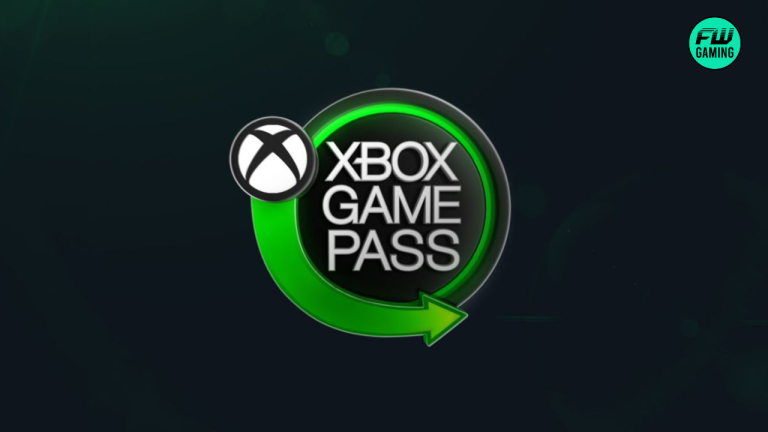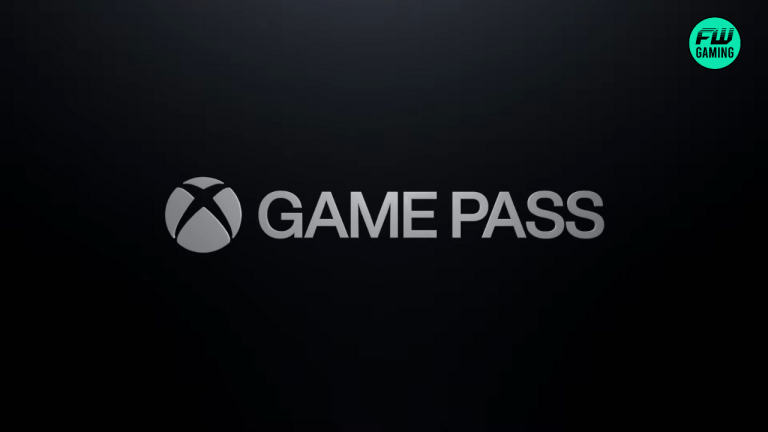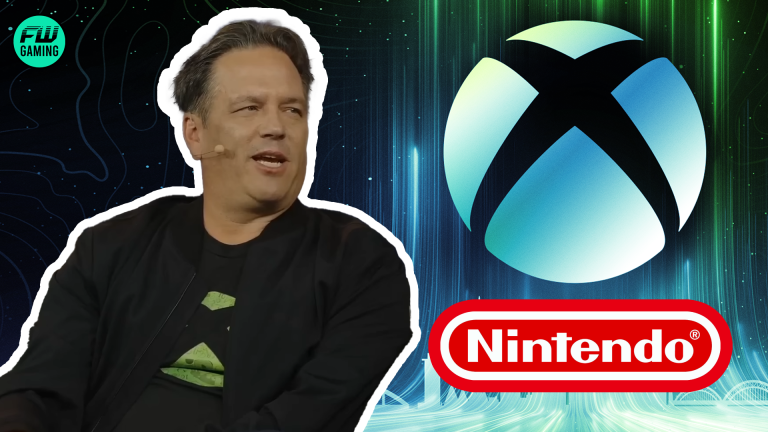Just last month, Sony signed a new deal with Microsoft to keep Call of Duty with PlayStation for another 10 years. The news relieved a lot of PlayStation gamers as the news ensured their beloved game would still be playable in their consoles at least for another decade. Head of Xbox, Phil Spencer, had also posted a message on his social media account stating “Microsoft and Activision Blizzard have extended the merger agreement deadline to 10/18” after missing the July deadline.
Microsoft president Brad Smith had also mentioned how they were working on finalizing the regulatory issues and needed another three months. This week, however, Microsoft has come up with a new bid earlier this week, to acquire Activision Blizzard with one of the biggest deals in the gaming industry. After the earlier bid was blocked by the UK regulators, the new bid is said to be “substantially different” compared to last year’s original bid.
Microsoft’s Revamped Bid for Activision Blizzard Acquisition, Biggest Bid Ever in the Industry
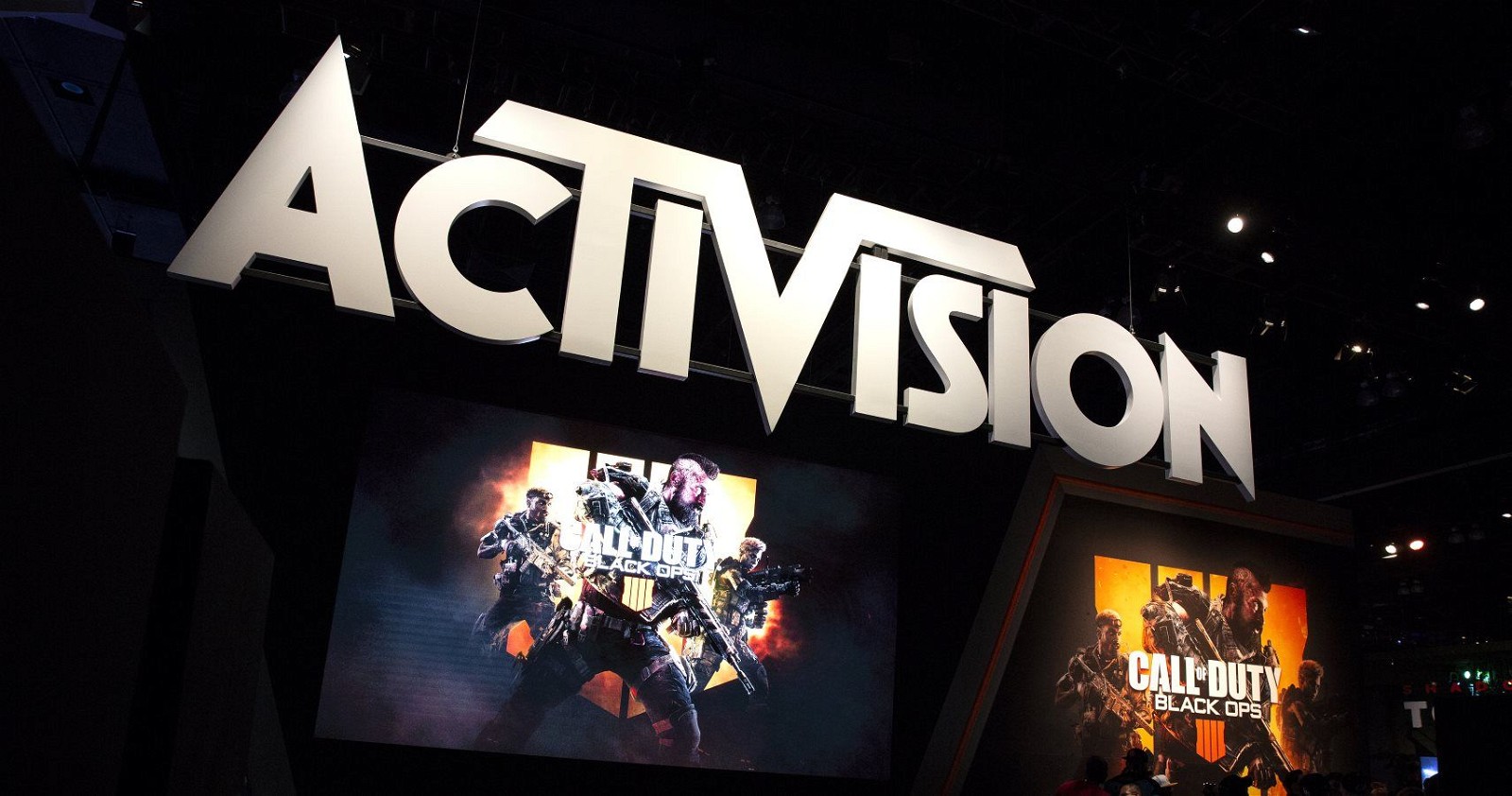
Microsoft has recently finalized a deal with Ubisoft on the cloud-streaming rights for all Activision Blizzard games on PC and consoles including current and new games. The deal is signed for 15 years with Ubisoft Entertainment SA, one of the leading global game publishers. After the deal was finalized with Ubisoft, Microsoft believes their new bid for Activision Blizzard should now be a substantially different transaction under UK law compared to their earlier bid in 2022.
Microsoft’s new bid for the acquisition of Activision Blizzard is said to be the biggest deal in the gaming industry thus far and has come after an earlier bid for a $69 billion deal was blocked by UK regulators. To get another shot at the deal to go through, Microsoft has made a deal that’s now being reviewed by the UK Competition and Markets Authority (CMA). It has been a deal that’s already taken around 18 months, with the first bid coming from Microsoft in January, last year. Microsoft now anticipates the CMA to make its decision by October 18.
Activision Working Closely With Microsoft and CMA, Deal Being Objectively Assessed
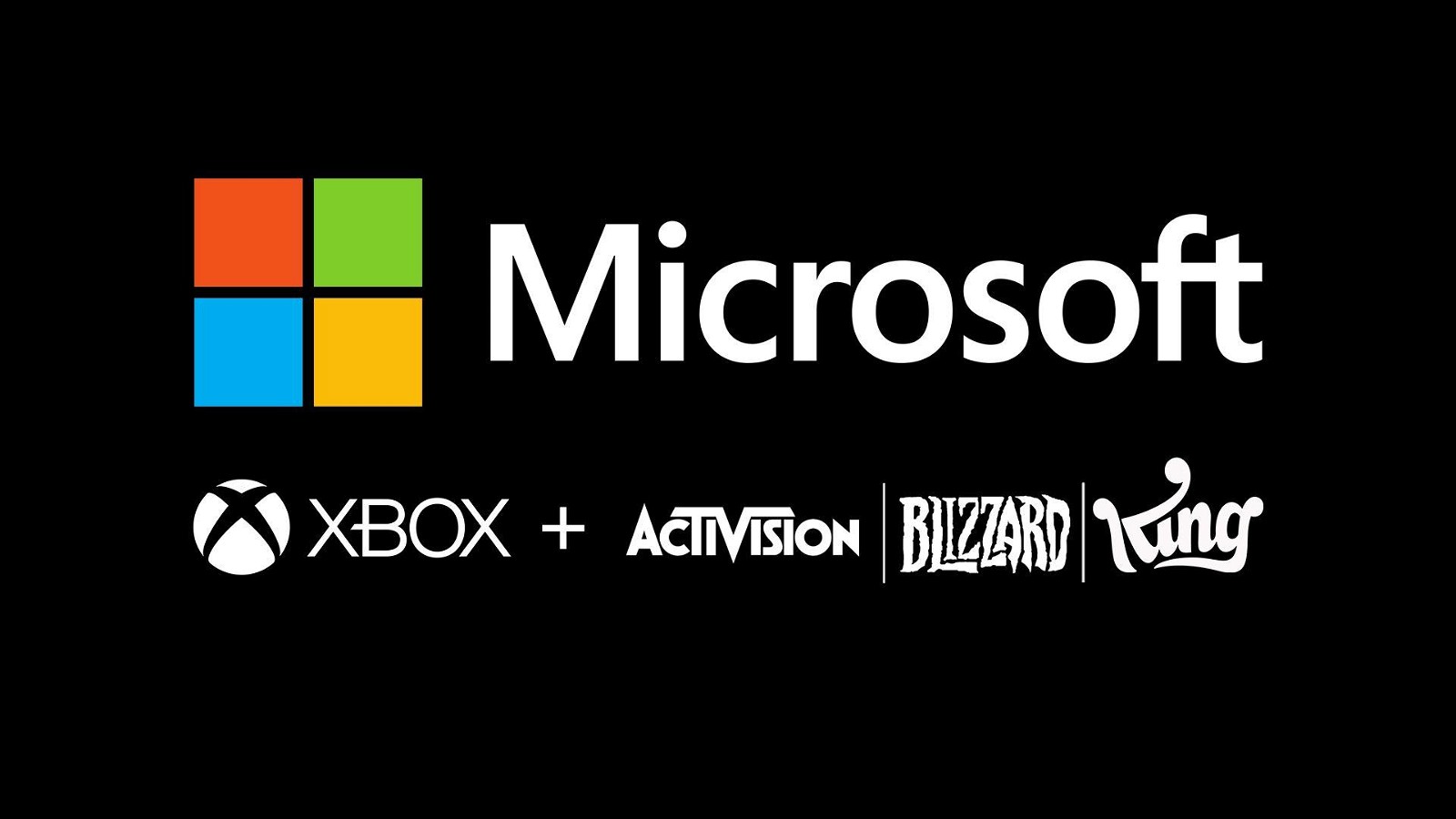
Brad Smith had earlier mentioned how Microsoft was not in a position to release Activision Blizzard games in its own cloud service platform – Xbox Cloud Gaming, as it didn’t control the licensing terms of Activision Blizzard games for their rival’s services. After CMA’s blocking of the deal last year and before that, by the US Federal Trade Commission, Microsoft’s new deal with Ubisoft is a hopeful attempt by Microsoft to bring Activision Blizzard games to their own cloud gaming service.
Activision also released a statement saying they will work with both Microsoft and CMA closely until a deal is finalized by the latter. The CMA on their part has mentioned the deal is being carefully reviewed. CMA’s Chief Executive, Sarah Cardell, mentioned they were objectively assessing all the details of the restructured deal and what impact it would have on competition, also taking into account all third-party comments. She ended by stating how their goal remains unchanged and that any future decision will depend on the deal ensuring the cloud gaming market is beneficial from an open and effective competition, leading to more innovation and choice.
Concerns Addressed by the UK and Australia over Call of Duty Maker’s Acquisition by Microsoft

CMA had earlier mentioned how the choice for gamers might just get halved, as they blocked Microsoft’s bid that came through in January last year. PlayStation gamers were of a very similar opinion on how they feared their favorite franchise, the Call of Duty games might just become Xbox exclusives. Microsoft did sign a new deal with Sony to keep current and upcoming Call of Duty games with PlayStation for the next 10 years, however, there’s still a growing concern among gamers who have been quite vocal against the deal.
The UK and Australian commissions are the only ones holding out from final approval after New Zealand had given their final approval. UK and Australia have shown their concerns with regard to cloud-based gaming services affecting the gaming industry, which is the prime reason behind their disagreement so far. While Australia’s final approval might not come before the first quarter of 2024, there’s bound to be increased pressure on the two remaining countries.
Source: BBC


